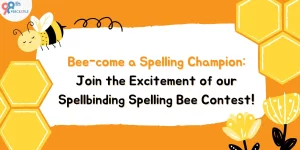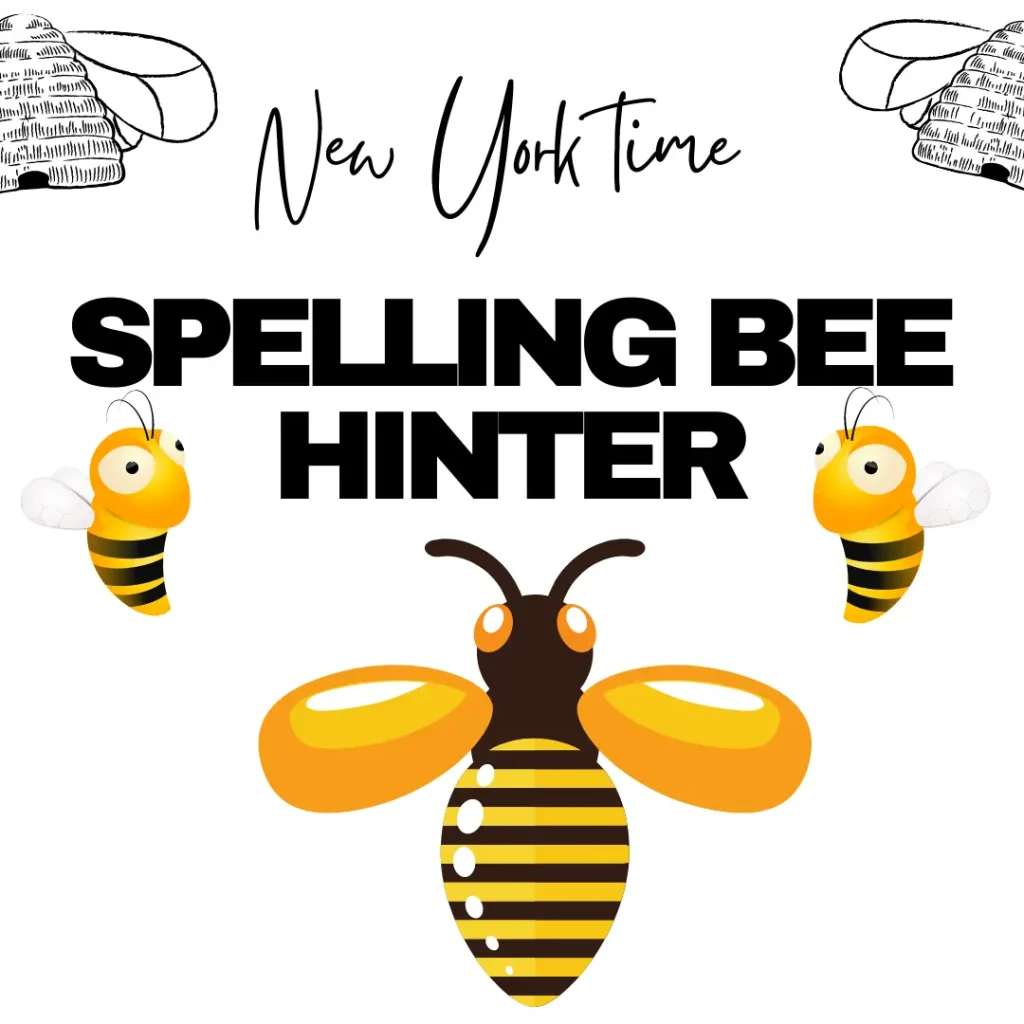Spelling bees, beyond their competitive nature, wield a profound impact on education and language learning, fostering academic growth and linguistic prowess among participants. These competitions, often showcasing exceptional orthographic skills, serve as more than just a test of spelling abilities; they are invaluable educational tools shaping young minds in various ways.
Historical Roots and Educational Significance
The roots of spelling bees trace back to centuries-old educational practices aiming to refine language skills. They have evolved from simple classroom exercises to competitive events, becoming a hallmark of academic achievement. Spelling bees embed themselves in the educational fabric by emphasizing vocabulary, etymology, and linguistic nuances, fostering a deep understanding of language structures.
Cognitive Benefits
Participation in spelling bees enhances cognitive functions, including memory, concentration, and critical thinking. The rigorous preparation necessitates memorization of intricate word structures and etymologies, sharpening memory recall and strengthening linguistic analysis. This process nurtures mental agility and discipline, skills vital for academic success across disciplines.
Language Learning and Development
Spelling bees serve as a catalyst for language acquisition. Participants immerse themselves in a diverse lexicon, absorbing words of varying complexities and origins. This exposure expands their vocabulary and comprehension, fortifying their linguistic arsenal. Additionally, the competitive aspect instills a passion for language learning, motivating individuals to delve deeper into the intricacies of words and their meanings.
Academic Growth and Confidence Building
Participating in spelling bees bolsters academic growth. The intense preparation demands discipline and perseverance, instilling invaluable study habits. Success in these competitions fosters a sense of accomplishment, bolstering confidence and self-esteem. This confidence transcends spelling proficiency, positively impacting overall academic performance and social interactions.

Cultivation of Life Skills
Spelling bees impart skills extending beyond academia. Participants learn effective time management, strategic thinking, and resilience in the face of adversity. The competitive environment nurtures sportsmanship, teaching participants to graciously accept both victory and defeat, crucial attributes applicable in various facets of life.
Inclusivity and Diversity
Spelling bees embrace diversity, welcoming participants from various cultural backgrounds. This inclusivity celebrates linguistic diversity, highlighting the rich tapestry of languages and promoting multiculturalism. Participants learn about different languages and cultures, fostering a spirit of inclusiveness and appreciation for linguistic differences.
Challenges and Criticisms
Despite their numerous benefits, spelling bees face criticisms. Some argue that they promote rote memorization over understanding the contextual usage of words. Critics also highlight the pressure on young participants and its potential negative impact on mental health. Balancing the competitive spirit with a nurturing environment remains a challenge.

Conclusion
Spelling bees stand as invaluable tools in education, shaping young minds by enhancing language skills, fostering academic growth, and nurturing essential life skills. Beyond the competitive allure, these events serve as platforms for holistic development, celebrating linguistic diversity, and cultivating a love for language learning. Efforts to strike a balance between healthy competition and nurturing environments will ensure spelling bees continue to enrich educational landscapes worldwide.




